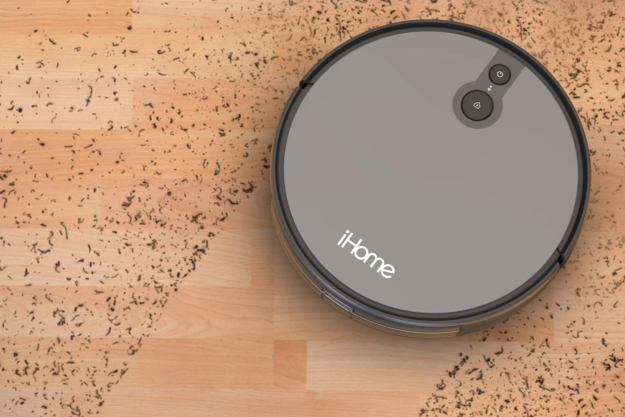Returning unwanted or leftover prescription drugs should be easy, but it isn’t in most of the country. The U.S. Drug Enforcement Administration (DEA) declared Saturday, April 28 to be National Prescription Drug Take Back Day.
And Google rose to the occasion to help.
Google added a Drug Take Back Day function to Google Maps that finds official DEA Prescription Drug Take Back Day locations by either clicking on a map location and entering an address or zip code.
“Using Google Maps API, our team worked with the DEA to create a locator tool for the National Prescription Drug Take Back Day this Saturday, April 28. The locator tool can help anyone find a place near them to safely dispose of leftover prescription medications.”

The DEA reported that 6.4 million Americans abused controlled prescription drugs in 2015. In most cases, the drugs were taken from often unwitting family and friends — typically stolen from bathroom medicine cabinets.
The last National Take Back Day, the fourteenth in the series, was in October 2017. On that date, 4,274 law enforcement agencies participated. In all, 5,231 official collection sites collected 912,305 pounds of prescription drugs. That’s the equivalent of 456 tons of drugs.
The DEA has additional Drug Take Back Day resources including information and search tools. You can read about the Drug Disposal Act or learn about specific medications in the Drug Database.
If you can’t make it on National Drug Take Back Day, the DEA also maintains a Year-Round Drug Disposal location or authorized collector database.
Google has worked with the Partnership for Drug-Free Kids since 2005. The non-profit organization helps parents looking for support connect to the Partnership’s Parent Helpline for free counseling and advice. In conjunction with Drug Take Back Day, Google announced $750,000 in matching grants to expand the Parent Helpline to support more families.
April 28 is just one day, but Google is working on a more lasting solution, according to the company blog.
“Longer term, we’re working with the DEA and state governments like Iowa, Arizona, Massachusetts, and Michigan to gather data on year-round take back options for future Google Maps integration.”
Individuals, groups, or companies wishing to help promote National Prescription Drug Take Back Day can contact the DEA through the agency’s Partnership Toolbox.




